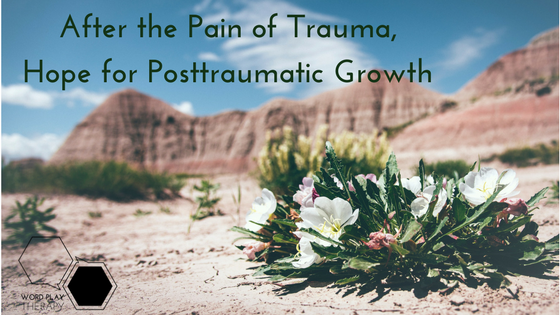Trauma Affects the Body
The after-effects of trauma often have deleterious effects on the human body. We can hold tension in our muscles, struggle to manage emotions that come up out of nowhere, have increased stress hormone secretion, and fail to be able to concentrate on the task in front of us. Our bodies can feel hijacked so that they no longer respond adaptively to our internal sensations or the people around. We experience this as a significant change from who we were and how we responded before the trauma.
Trauma Affects Our Thoughts and Feelings
Trauma can make us question the world around us. We become fearful and hypervigilant of our surroundings. It makes us feel like the world is a terrifying place. Our experiences become smaller and smaller until we can’t leave the house, or we don’t track down our dreams, or we don’t try to challenge ourselves in order to stay safe. Trauma makes us cower. It holds us back from trying again, because we have lost our trust in others and ourselves. It makes it seem like the world around us isn’t a miraculous place anymore, full of wonder and new experiences.
What is Posttraumatic Growth?
Posttraumatic growth refers to the powerful changes in personality and life perspective that can occur within an individual after significant adversity. This growth is NOT a result of the trauma itself, but how the person relates to themselves and the world AFTER the trauma has occurred (Tedeschi & Calhoun, 2004). Another way to think about this is to consider the example of trauma that is caused by an earthquake. The damage caused by this trauma includes destruction to the earth, roads, and buildings. According to this metaphor, the posttraumatic growth would be the reconstruction of buildings to be more resistant to seismic shocks. Posttraumatic growth suggests there is the possibility that one day an individual can make meaning from the distress and damage that trauma caused. They will be able to look back and see how they changed, grew, and rose above it.
Planting A Seed
The road to recovery from trauma is filled with twists and turns, surprising pitfalls, and setbacks. But it is important in the early stages of trauma treatment to plant the seed of potential that there can be resilience. For many, posttraumatic growth involves living a life focused on what is truly important. This can include exploring one’s purpose and the meaning of life. For others it may mean a deepening of important relationships. And hopefully for all it will be an acknowledgement of inner strengths. Believing in the power and possibility of posttraumatic growth can offer hope in the darkness. To find out more about posttraumatic growth, click here.
References:
Tedeschi, R. G., & Calhoun, L. G. (2004). Posttraumatic growth: Conceptual foundations and empirical evidence. Psychological Inquiry, 15, 1-18.


